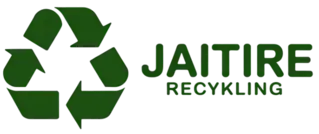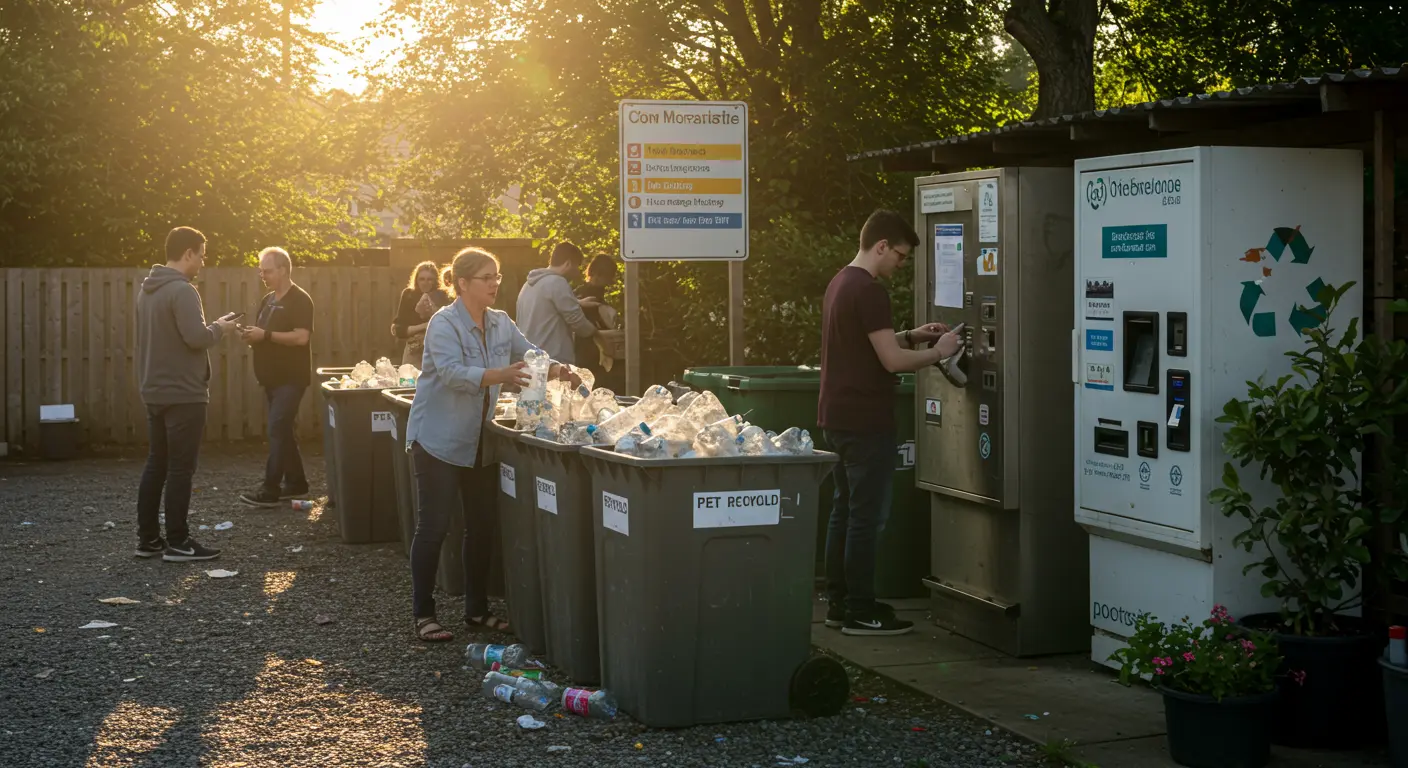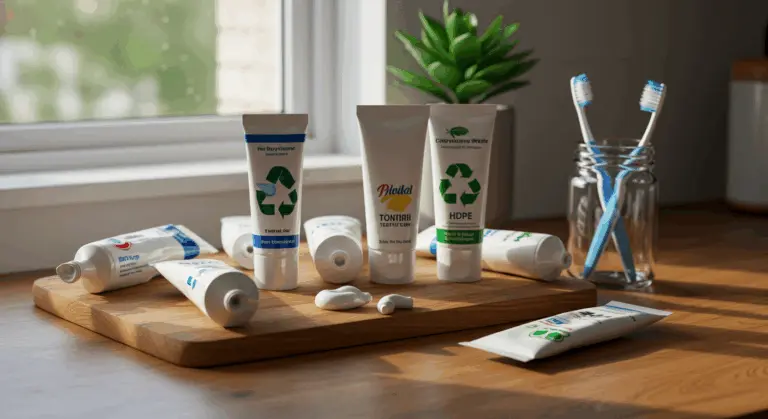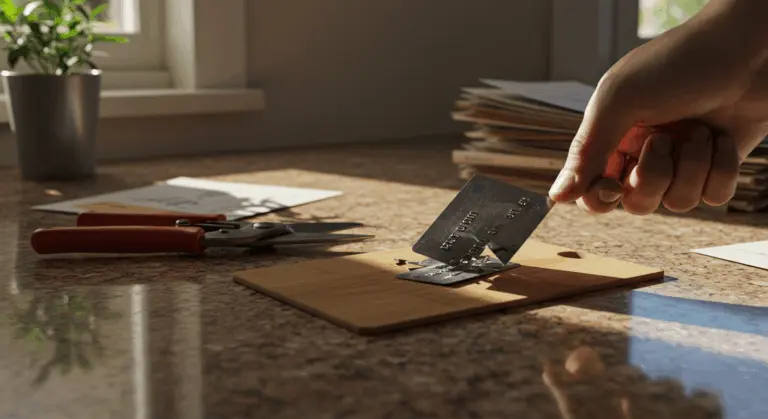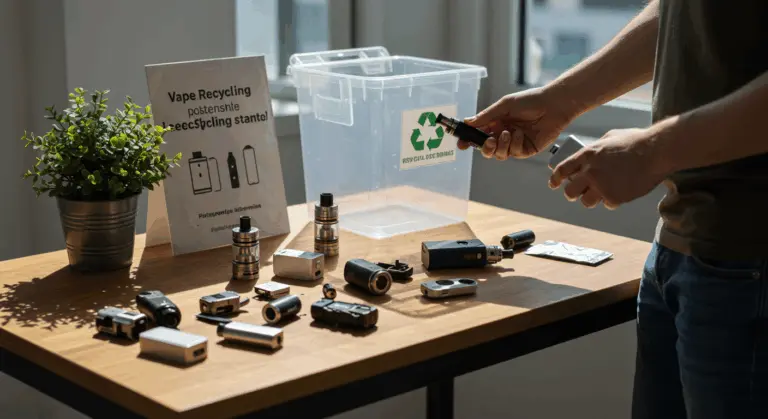Understanding Plastic Bottle Recycling – How It Works
Plastic bottle recycling transforms discarded containers into valuable new products, creating a sustainable loop that conserves precious resources. Every time you toss a bottle into that recycling bin, you’re starting a complex process that begins the moment your container leaves your hands.
-
Collection & Sorting: Bottles are gathered and separated by plastic type, such as PET.
-
Cleaning: The sorted bottles are washed to remove labels, residue, and other contaminants.
-
Shredding: Clean bottles are shredded into small plastic flakes.
-
Reforming: The flakes are melted and reformed into pellets, which are used to create new products.
This circular process provides significant environmental benefits. Recycling plastic bottles consumes roughly 75% less energy than crafting virgin containers from scratch. But the benefits don’t stop there—it diverts massive amounts of waste from landfills and helps prevent millions of tons of plastic that would otherwise choke our oceans and waterways each year.
Here’s the catch: not every plastic bottle in your collection will convert to actual money. Only containers bearing deposit values—found exclusively in states with bottle bill legislation—can be exchanged for money.
Where to Sell Plastic Bottles for Cash Near Me
Converting your plastic bottles into cash requires understanding the different systems available in your area. You’re earning potential hinges largely on whether you reside in a state with bottle deposit legislation—those coveted “bottle bill” territories that tack a small deposit onto beverage purchases, which savvy consumers can reclaim upon returning empties.
Bottle bill states like California, Michigan, and Oregon have established redemption systems. Elsewhere? Your options shrink considerably, though creative alternatives still exist for the determined recycler.
Recycling Centers – Your Best Bet for Cash
Recycling centers are your best option for converting plastic bottles into cash—particularly in states that have bottle deposit laws.
Find nearby cash-paying recycling centers by searching “bottle redemption center” or “CRV recycling center” alongside your city name. Many operate as independent businesses with minimal online footprints, so don’t overlook local directories and community bulletin boards—these specialized facilities often offer the best per-bottle rates.
Non-bottle bill states like Pennsylvania present a different reality entirely. While recycling centers exist, they typically prioritize environmental impact over financial incentives, rarely offering cash for plastic bottles.
For the best experience, seek out recycling centers equipped with automated counting systems rather than facilities requiring tedious manual tallying. Some forward-thinking operations even feature loyalty programs where dedicated recyclers earn bonus payments after hitting specific volume milestones.
Grocery Stores with Bottle Redemption Machines
Major grocery chains have installed in-store bottle redemption programs. These retail recycling solutions use reverse vending machines (RVMs) that automatically count and sort your containers.
UK supermarket titans like Sainsbury’s, Iceland, Tesco, and Morrison’s have pioneered bottle return programs that reward customers with store coupons or loyalty points rather than direct cash. This model is rapidly spreading across US grocery chains, especially in bottle deposit states, with retailers like Walmart, Kroger, Target, and regional chains installing redemption machines near store entrances.
The redemption process is straightforward: feed your clean, uncrushed bottles into the machine, which scans barcodes to verify eligibility. Once finished, The machine spits out a receipt redeemable at customer service or checkout.
-
Confirm Availability: Call your local store to ensure its redemption machine is operational.
-
Check Policies: Ask about container limits, accepted materials, and operating hours.
-
Verify Eligibility: Some machines only accept containers purchased at that specific retailer or chain.
How Much Cash Can You Earn from Recycling Plastic Bottles?
Your plastic bottle earnings potential depends on your location—specifically, whether you call a bottle deposit state home.
Standard redemption values typically range from 5 to 10 cents per container, with some states sweetening the deal for larger bottles. Michigan leads the pack at 10 cents per eligible container, while California, Oregon, and New York hover around the 5-cent mark.
Let’s crunch some numbers: a standard garbage bag stuffed with roughly 50-60 plastic bottles could yield between $2.50 and $6.00, depending on your state’s redemption rates. Modest? Perhaps. But dedicated collectors who source bottles from multiple locations can transform this into legitimate side income.
Non-bottle bill states operate under entirely different economics. Here, you’ll need to explore scrap recycling centers that pay by weight—though plastic rates pale compared to deposit refunds, often yielding mere cents per pound rather than per container.
Tips for Preparing Plastic Bottles for Recycling
Proper preparation ensures smooth bottle redemption and maximum value.
-
Clean All Containers: Rinse bottles thoroughly to remove any liquid or food residue.
-
Remove Non-Recyclable Parts: Take off caps and labels if required by your local recycling guidelines.
-
Do Not Crush Bottles: Many automated redemption machines need to scan the barcode on an intact container.
-
Sort by Plastic Type: Pre-sorting bottles by plastic type (e.g., #1 PET, #2 HDPE) can streamline the process at the recycling center.
Using Online Marketplaces to Sell Recyclables
Online marketplaces offer additional opportunities for selling recyclables, creating direct connections between collectors and bulk material buyers.
-
General Marketplaces: Platforms like eBay, Craigslist, and Facebook Marketplace can connect you with local buyers, such as craft enthusiasts or small businesses.
-
Specialized Platforms: Websites and apps like Recycle Match or scrap App are designed for trading recyclable materials and attract serious buyers.
-
Preparation: To get the best price, ensure bottles are clean, sorted, and accurately described.
-
Logistics: Shipping costs can be high, so prioritize local pickup options to maximize profit.
-
Fees: Account for any platform commissions or listing fees in your pricing.
Community Recycling Programs – Get Involved
Community recycling programs allow you to support local environmental efforts while earning non-cash rewards, such as points redeemable for gift cards or discounts.
Countless neighborhoods and municipalities have launched community-driven recycling programs that operate on point systems rather than direct cash payments. Contributing your plastic bottle collection to these initiatives earns you points redeemable for product discounts, gift cards, or charitable donations.
To get started, check your city’s website or contact your local waste management department to find active programs in your area. Community centers, schools, and religious organizations frequently orchestrate collection drives where your bottles make a meaningful impact.
While these programs don’t provide direct cash, they provide substantial value through community impact and meaningful rewards—making them good alternatives in states lacking bottle deposit laws.
